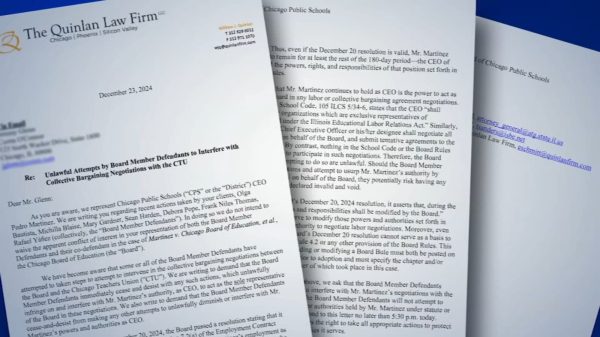President Joe Biden expressed continued confidence in Defense Secretary Lloyd Austin while conceding that Austin’s failure to promptly inform the White House about his hospitalization was a lapse in judgment. Austin was hospitalized on January 1 due to complications from a prior surgery, with Biden learning of the situation on January 4. Despite Biden’s assurance of ongoing trust, the incident has fueled bipartisan scrutiny, with concerns raised about transparency and its impact on the chain of command.

Photo from: The New York Times
Biden’s Confidence Amid Lapse
In a statement on Friday, President Biden affirmed his confidence in Defense Secretary Lloyd Austin, emphasizing that he still believed in Austin’s capabilities. However, Biden acknowledged that Austin’s delayed notification about his hospitalization represented a lapse in judgment, adding a layer of complexity to the ongoing scrutiny of the situation.
Defense Secretary Austin’s hospitalization on January 1, attributed to complications from a previous surgery, became a point of concern when it was revealed that the White House was not promptly informed. President Biden became aware of Austin’s absence on January 4, leading to questions about the transparency and communication within the administration.
Despite being hospitalized, reports emerged that Secretary Austin remained actively engaged in defense activities, overseeing U.S. strikes on the Iran-backed Houthi group in Yemen on Thursday. The revelation of Austin’s continued involvement raises questions about the extent of his incapacitation and the operational impact of his hospitalization on defense affairs.
Bipartisan Scrutiny and Congressional Response
The undisclosed hospitalization has triggered scrutiny from both Republicans and Democrats. Democratic Representative Chris Deluzio voiced concern about the lack of transparency regarding Austin’s medical treatment, leading him to call for Austin’s resignation. The bipartisan scrutiny reflects broader concerns about transparency, accountability, and the continuity of the chain of command within the Defense Department.
As the controversy unfolds, questions linger about the long-term implications of Austin’s delayed notification. Calls for his resignation, as exemplified by Representative Deluzio’s statement, highlight the significance of transparency in high-ranking government positions. The incident underscores the challenges and expectations associated with maintaining open communication within key leadership roles.
READ ALSO: Hunter Biden Pleads Not Guilty To Tax-Fraud Charges, Faces Federal Court In Los Angeles














































